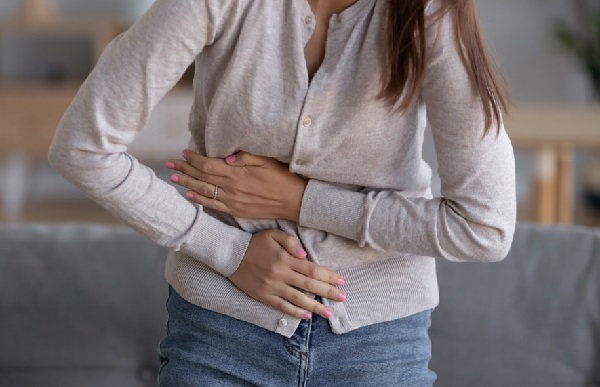Dysbacteriosis.
Dysbacteriosis. About 70% of the world’s population has dysbiosis — a violation of the balance of the intestinal microflora, which leads to a malfunction of its activity.
Normally, the basis of human intestinal biocenosis is made up of «beneficial» bacteria, which protect the body from infections and aid digestion. The deficiency of these bacteria and the overgrowth of pathogenic microorganisms cause dysbiosis.
Dysbacteriosis does not arise as an independent disease, but is a consequence of gastrointestinal diseases, stress, infections, taking antibiotics or malnutrition.
To restore a balanced intestinal microbiological environment, patients are prescribed a special diet, antiseptics, probiotics and vitamins. Medication is usually combined with herbal remedies.
Thanks to powerful anti-inflammatory and antispasmodic properties, herbal teas, infusions, decoctions suppress putrefactive processes in the intestines, relieve mucosal inflammation and eliminate the symptoms of dysbiosis:
flatulence,
constipation or diarrhea
rumbling and abdominal pain
an unpleasant taste in the mouth
nausea, decreased appetite.
MEDICINAL PLANTS FOR RESTORING THE INTESTINAL MICROFLORA
THOUSAND LEEDER
The plant contains sesquiterpenes, flavonoids, bitter, tannins, due to which:
has a powerful antiseptic, antifungal and bactericidal effect;
normalizes gastrointestinal motility and reduces the manifestations of flatulence;
blocks spastic pain in the intestines;
activates the secretion of gastric juice and increases appetite;
increases bile secretion.
To prepare a healing infusion for dysbiosis, 1 tbsp. l. mix yarrow herbs with 1 tsp. herb wormwood, pour 300 ml of boiling water and leave for 20 minutes. Take 1 tbsp. l. 2-3 times a day 15 minutes before meals.
How to brew an infusion of yarrow and chamomile against dysbiosis, read in our material.
NETTLE
Rich in vitamins, organic acids and glycosides, nettle is an effective herbal remedy for dysbiosis, because:
normalizes lipid metabolism and stomach acidity;
has an anti-inflammatory and regenerative effect — heals wounds on the mucous membrane of the digestive system;
activates the secretion of bile;
strengthens the immune system.
Nettle leaves are used for constipation, hemorrhoids, diarrhea, liver diseases.
To stimulate metabolism in the digestive tract and soften the stool, a decoction of nettle and buckthorn is prepared.
For this, 2 tsp. nettle leaves are mixed with 1 tsp. buckthorn bark, pour 500 ml of boiling water and keep on low heat for 10 minutes. The broth is infused for 20 minutes and taken in 100 ml three times a day before meals.
AIR
Thanks to useful biologically active substances — essential oils and bitter glycoside acorin — infusions from calamus rhizome:
eliminate putrefactive processes in the intestines;
reduce gas formation;
enhance the reflex secretion of gastric juice;
stimulate the endings of taste buds and increase appetite;
relieve intestinal spasms;
enhance the bile function of the liver.
To alleviate the symptoms of dysbiosis 1 tbsp. l. place the rhizomes of the plant in an enamel bowl, pour a glass of boiling water and, covered with a lid, keep in a water bath for 15 minutes. Let cool.
Take the infusion three times a day, ¼ cup 15 minutes before meals.
Calamus is often included in gastric preparations, because the rhizomes of the plant are one of the most effective herbal remedies against flatulence.
